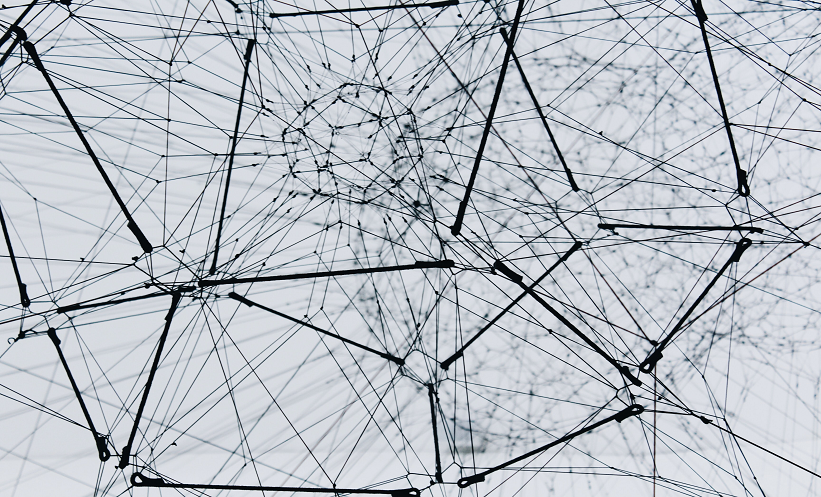BRAIN-COMPUTER interfaces (BCIs) allow users to communicate directly with computers or external devices using neural activity. This system uses signals from the brain and translates these signals into instructions. Stimulating and recording neural activity using BCIs could help scientists improve therapeutics across several neural diseases, spanning spinal injuries to Alzheimer’s. Experts in electromagnetics, circuit design, and neuroscience worked together to improve brain-computer interfaces in a recent study.
Presently, BCIs use only one or two sensors for sampling hundreds of neurons. However, neuroscientists are eager to test significantly more neurons and consequently record even more brain activity. A multidisciplinary team worked collaboratively to develop a novel concept for BCIs, coined as neurograins. Neurograins are wireless microscale neural sensors that stimulate and record neural activity.
In a recent study, the researchers used neurograins to record brain activity in the living brain of a rat. Firstly, complicated electronics, which helped to detect neural signals, were condensed into miniature neurograin chips. Secondly, thin patches were created that attached to the scalp and helped coordinate the neural signals from the neurograins.
Scientists conducted the study using almost 50 neurograins and successfully recorded the neural activity of the rat brain. The promising results show that scientists may be able to record neural signals in extensive detail in the future. This could provide a deeper understanding of how the brain operates and lead to innovative therapies in neuroscience.
The researchers acknowledge the limitation of using a rat model as they could only use 48 neurograins due to the size of the rat brain. They also discuss how they aspire to use thousands of neurograins in the future to get a better picture of brain activity, something that could revolutionise the treatment of brain conditions. The team are hopeful that their new concept of neurograins is a key step towards new BCIs and that one day this approach could help in conditions where neural function has been lost.








